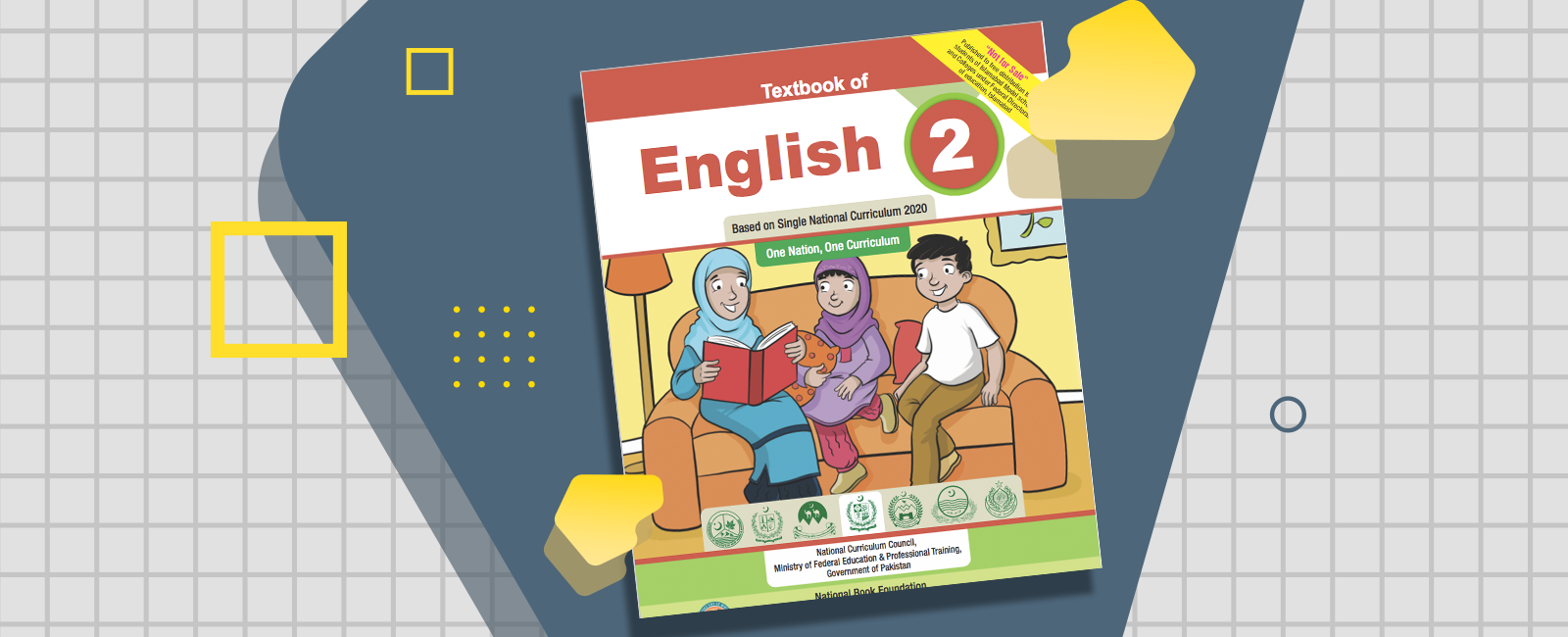'Government’s single national curriculum is like martial law'
Geo.tv takes an inside look at the government's Single National Curriculum, feasibility of using it for Pakistani students

In the PTI government’s grand vision for a unified educational system for all of Pakistan, it seems that children of minority communities have no space.
Article 22 of the Constitution of Pakistan safeguards the rights of minorities and states that “no person attending any educational institution shall be required to receive religious instruction … if such instruction relates to a religion other than his/her own.”
Yet, Lahore-based public policy expert Peter Jacob and a team of educationalists have found that 9% of the content of the class 3 English textbook of the government’s recently introduced Single National Curriculum is in violation of Article 22.
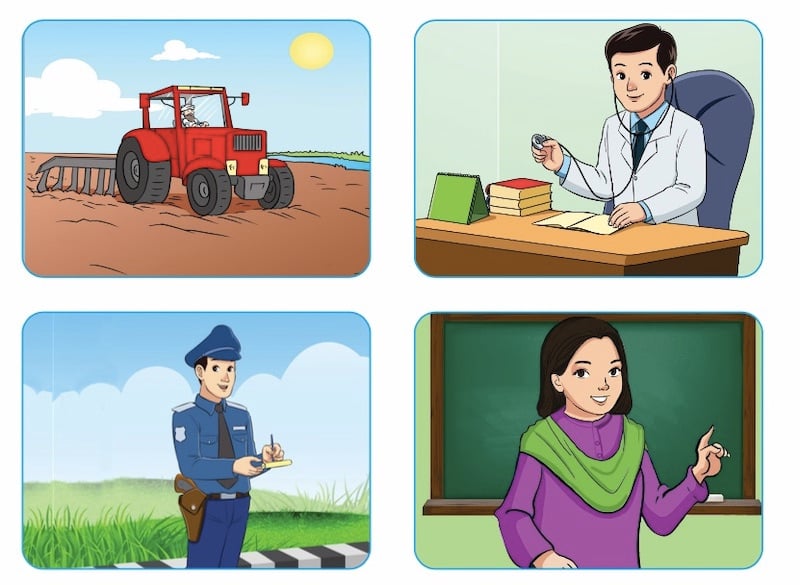
The violations seem to worsen as the child gets older. The educationalists have found 23% of the class 4 English textbook, and 21.42% of the class 5 textbook to be similarly violative of Article 22.
English and Urdu are compulsory subjects to study under the government’s Single National Curriculum.
“One contentious issue [for minorities] has been the teaching of Islamic content [to their children] in compulsory subjects,” Jacob explained to Geo.tv.
“Besides coercion, this is discriminatory because students belonging to religious minorities are required to study and take exams for these subjects.”
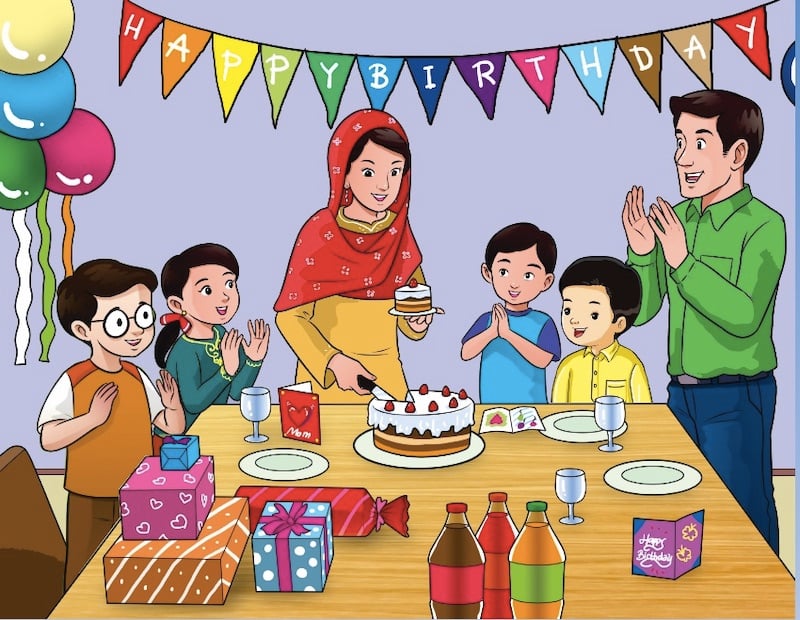
Some examples highlighted by Jacob include a question on the first page of a model Urdu textbook of the government’s unified syllabus, which poses the following to class 2 students:
“Do you know? Allah is our creator”.
Similarly, in the English textbook for class 1, there is a comprehension passage titled: “Blessings of Allah”, while in the class 3 English textbook, eight-year-olds are instructed to recite a naat, which has been described as a poem that specially praises Prophet Muhammad (peace be upon him).
The Single National Curriculum: A glitzy disaster
Most of these are concepts or beliefs that non-Muslim children are not likely to be familiar with and, by their rights guaranteed under the Constitution, should not be forced to be familiar with.
While there is a footnote which instructs that teachers do not force non-Muslims children to study Islamic texts at the end of each page of the textbooks, these instructions alone, educationalists say, will be difficult to enforce in classrooms where Muslim and non-Muslim students study together.
Jacob, who was initially taken on board as a counsel by the government when it was drafting the Curriculum last year, said he was surprised when he saw the final result. The expert said the recommendations he subsequently sent to the government, asking for the revision of such content, were ignored.
Dr Yaqoob Bangash, a historian, who has also seen the school books, says religious content has dramatically increased in the new Curriculum.
“The question is, if you add religious content once to [compulsory subject] textbooks, it is very hard to retract it. No government, even 50 years into the future, will be able to reduce it,” he told Geo.tv.
In light of similar concerns, the Punjab human rights and minorities affairs department has asked the Punjab Curriculum and Textbook Board to exclude all Islamic content from compulsory subjects and shift the material to the subject of Islamiyat, according to a report in The News.
What is the single national curriculum?
The idea behind the Pakistan Tehreek-e-Insaf’s (PTI) single curriculum for all schools, including public, private and even religious seminaries, is to ensure that “all children have a fair and equal opportunity to receive high quality education,” according to the website of the Ministry of Federal Education and Professional Training.
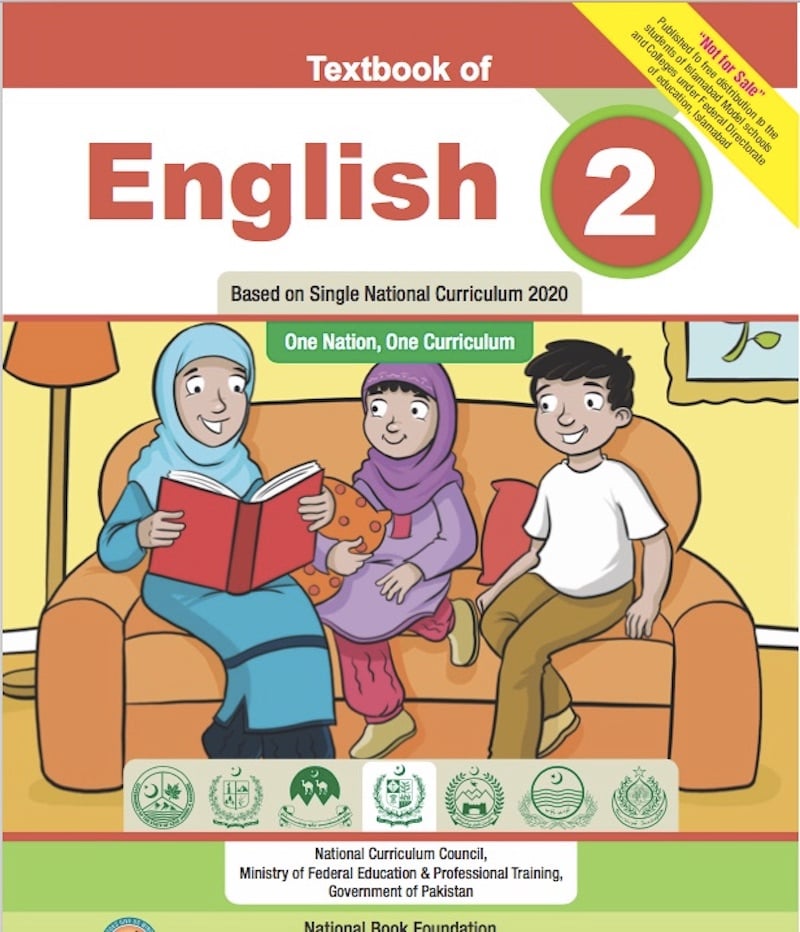
The website adds that the SNC aims to promote the teachings of the Quran and Sunnah, the vision of the Quaid and help students move away from rote learning to critical and creative thinking.
The new syllabus has gone into effect from March. Students enrolled in classes 1 to 5 have to now study seven subjects: English, General Science, Mathematics, Social Studies, General Knowledge and Urdu. Non-Muslim students have the option to choose Religious Education instead of Islamiyat.
The new curriculum will be rolled out in three phases. This year in March, it has been implemented for classes 1-5. Next year, the SNC will be expanded to classes 6-8 , and the year after that to classes 9-12. So far, only Punjab has approved the SNC.
Are the SNC textbooks up to the mark?
Despite the government’s pledge to promote quality education, Sana Mirza, a mother of three school going children, is concerned that the new curriculum will stunt her children’s intellectual growth rather than stimulate it.
Mirza, whose eldest son is in class 8 at Aitchison College in Lahore, went through the new English syllabus for his class.
“It made me dizzy,” she told Geo.tv, “This is such a big setback for the children. This class 8 English syllabus is teaching what my child was taught in class 2.”
Undoubtedly, there is a marked difference between the quality of the government-approved textbooks and that of private schools.
When we went through the SNC’s textbooks for English class 3, we found that one of the poems 8-year-olds have been asked to recite is the children’s classic: “If you’re happy and you know it, clap your hands.”
This poem is usually taught at the primary level to students in private educational institutes.
Separately, the vocabulary words to learn at the class 3 level include: “good”, “clean”, “English”, “classroom.” In comparison, the Oxford International English textbook, taught at private schools to class 3, introduces students to more advanced vocabulary, such as: “adamantly”, “rocking”, “trance.”
Also problematic is the stereotypical way in which women are portrayed in the textbooks. In the new class 1 English textbook, a woman is seen only in the role of a mother, a homemaker and a teacher. Meanwhile, men have been portrayed in more diverse roles, such as policeman, farmer and doctor.
“This is like martial law,” Mirza said, “This is not democratic. This curriculum has been forced on our children. Did anyone ask us, the parents, before it was drafted?”
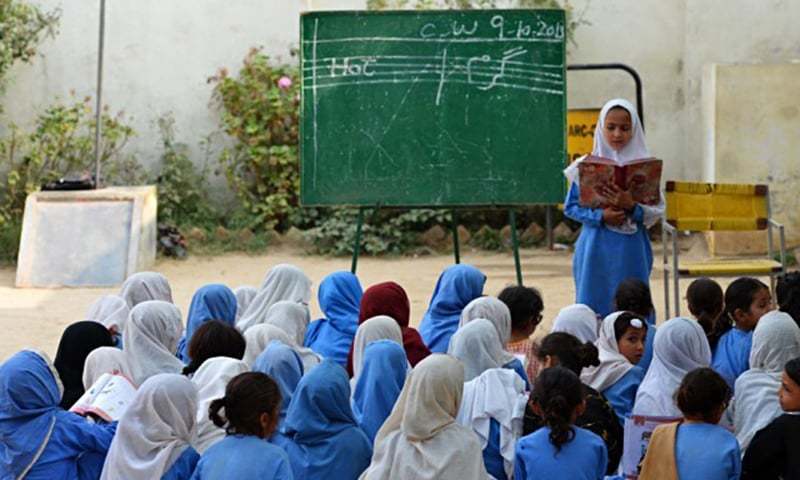
Meanwhile, Mufti Sirajul Hassan, spokesperson of the Wafaq ul Madaris Khyber Pakhtunkhwa, praises the decision of the government to roll out a uniform curriculum.
“In fact, this was our idea,” he tells Geo.tv, “So that the difference between rich and poor disappears.” For it to succeed, he adds, the curriculum will need to be properly applied to all private schools.
Right to choose
On March 20, 140 human rights activists, parents and educationalists signed an open letter to Prime Minister Imran Khan.
The state’s Curriculum, the signatories wrote, takes away the right of parents to choose the kind of education they want for their children, which is a “fundamental human right”.
It adds that Article 18 of the International Covenant on Civil and Political Rights, of which Pakistan is a signatory, insists that states respect the liberty of parents to ensure the religious and moral education of their children in conformity with their own convictions.
An educationalist, who was part of the initial drafting of the single national curriculum, told Geo.tv on the condition of anonymity, that PM Khan had personally promised him that the new syllabus will not take away the parents’ rights to choose the kind of education they want to give to their children.
But when the SNC was rolled out, he said he was shocked to see that the prime minister did not keep his word.
Is SNC the solution to Pakistan’s education woes?
In a country of over 210 million people, which has the world’s second highest number of out of school children between the ages of 5-16, as per UNICEF, will the single curriculum help address the uneven standards of education in Pakistan?
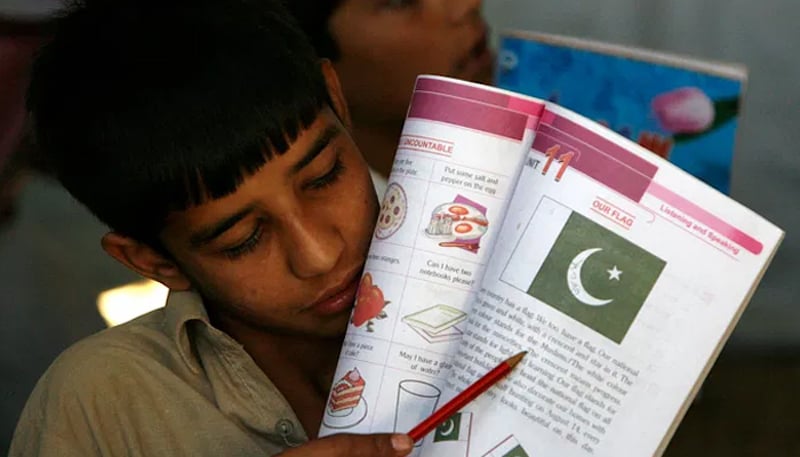
“The government is deliberately ignoring the elephant in the room,” Bangash said, “It [the government] is saying, ‘Let’s control private schools’, when the elephant is the public schools.”
Bangash adds that he feels there seems to be “a hatred for private schooling” in the government.
“The reason private schools exist in Pakistan, and do well, is because the government has failed in its job to provide education,” he said, “If government schools were good, why would anyone go to private schools? So, rather than improving government schools, they think that by bringing down the image of private schools, they will improve the image of the government.”
Meanwhile, parents are taking matters into their own hands. If the government curriculum is forced on students, Nilofer*, mother of two, is certain about what she needs to do.
“I will pull my child out of school and hire tutors instead to teach them at home,” she told Geo.tv. “The cost will come to about the same as paying a private school’s fees, but I will not let my children continue. I did not sign up for dumbing down my child.”
*names changed to protect privacy



